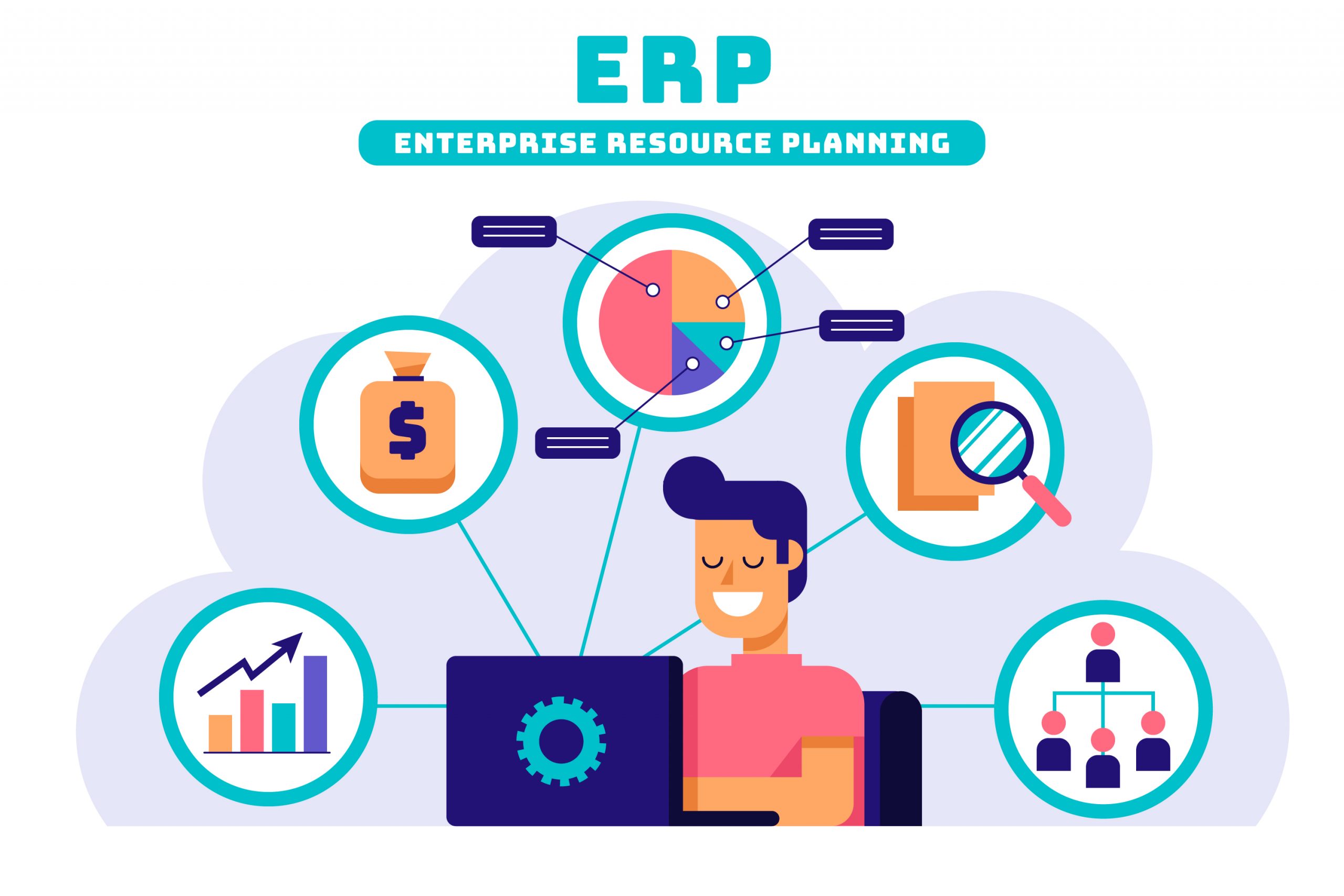In today’s fast-paced business environment, efficient project management is crucial for the success of any organization. ERP systems for project management are becoming increasingly popular as they offer a comprehensive solution to manage all aspects of a project. It includes al from planning and resource allocation to tracking progress and reporting. This blog explores how ERP systems for project management can enhance your organization’s project execution and deliver better outcomes.
1. Understanding the Role of ERP Systems in Project Management
ERP systems provide an integrated platform that connects various functions of a business, such as finance, HR, supply chain, and more. This integration allows for real-time data sharing and collaboration across departments, leading to more informed decision-making. By centralizing project data, ERP systems help ensure that everyone involved has access to the latest information. It reduces the risk of miscommunication and delays.
2. Streamlining Processes with ERP Systems
One of the key benefits of ERP systems is the ability to streamline processes. With ERP, project managers can automate routine tasks such as scheduling, budgeting, and resource allocation, freeing up time to focus on more strategic activities. The system’s real-time data analytics also provide insights into project performance, allowing managers to quickly identify and address any issues that arise. This level of control and visibility is essential for keeping projects on track and within budget.
3. Enhancing Collaboration and Communication
Effective collaboration is critical to the success of any project, and ERP systems play a vital role in facilitating communication among team members. The centralized nature of ERP systems ensures that all stakeholders have access to the same data, fostering transparency and accountability. This shared access to information reduces the likelihood of errors and ensures that everyone is working towards the same goals, making it easier to coordinate efforts and achieve project milestones.
4. Managing Risks with ERP Systems
Risk management is a crucial aspect of project management, and ERP systems for project management provide tools to help identify, assess, and mitigate risks. By analyzing historical data and current project metrics, ERP systems can predict potential risks and provide early warnings to project managers. This proactive approach allows teams to address issues before they escalate, minimizing the impact on project timelines and outcomes.
5. Customization and Scalability of ERP Systems
One of the standout features of ERP systems is their ability to be customized to fit the unique needs of any organization. Whether you’re managing a small project or a large-scale initiative, ERP systems can be tailored to support your specific requirements. Additionally, as your business grows, these systems can scale to accommodate more complex projects and larger teams. It ensures that your project management capabilities evolve with your organization.
Conclusion
ERP systems for project management are a powerful tool for organizations looking to improve efficiency, enhance collaboration, and manage risks. By integrating various business functions and providing real-time data insights. ERP systems enable project managers to make informed decisions and deliver successful outcomes. For more information on how ERP systems can benefit your organization, visit Bedots.
Read more: ERP in Healthcare: Boosting Patient Care and Efficiency



